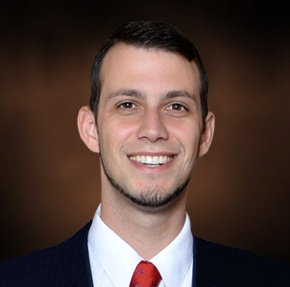Clients and their children are often shocked to learn that a surviving spouse has certain minimum rights to the deceased spouse’s property under Florida law. These rights exist by virtue of marriage and can only be waived in a very particular manner. They include the right to inheritance as a “pretermitted spouse, family allowance, elective share, homestead, and preference in appointment as personal representative. For part one of this multi-part blog, I will address the concept of a pretermitted spouse and family allowance.









